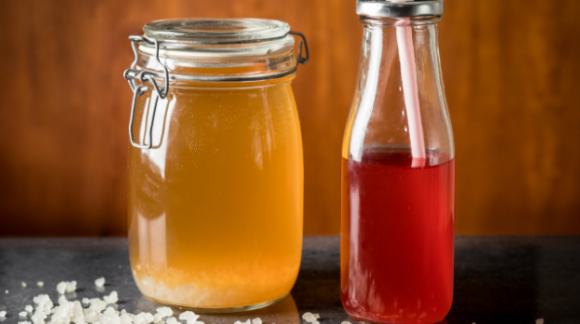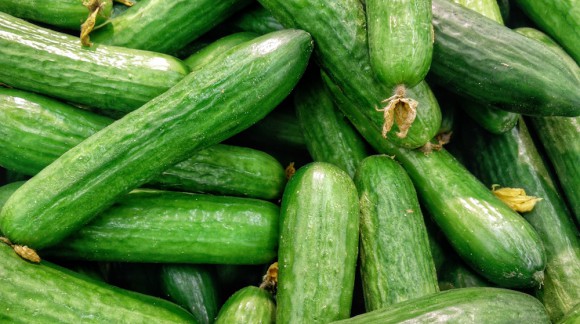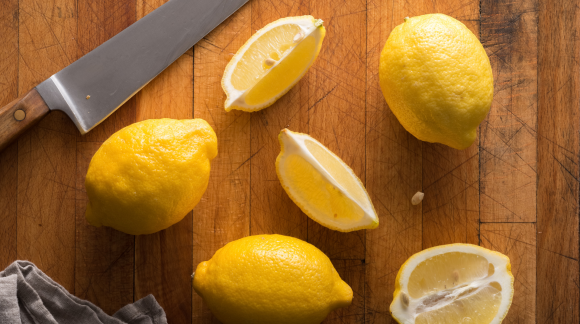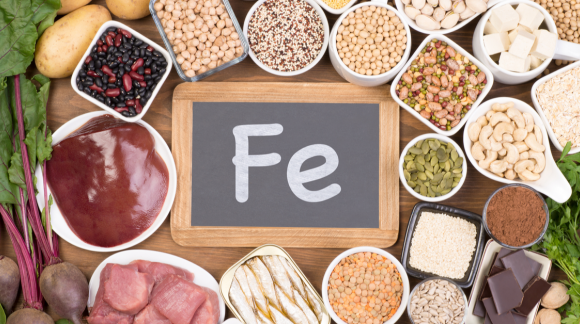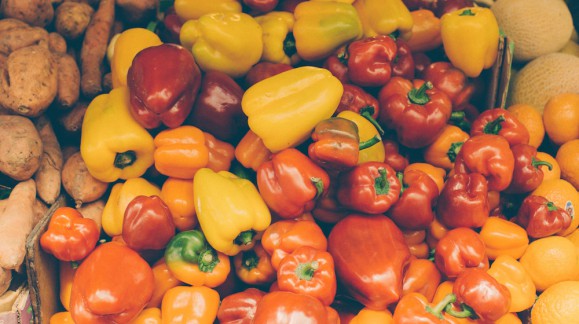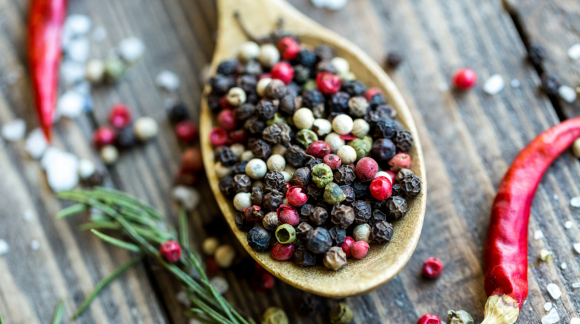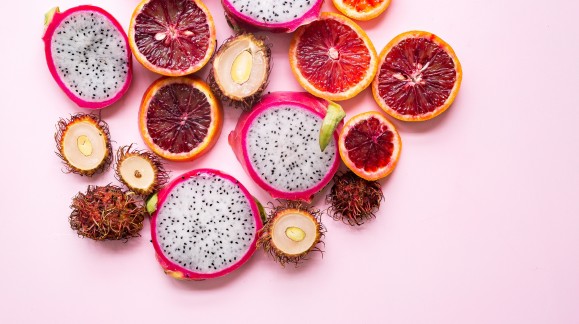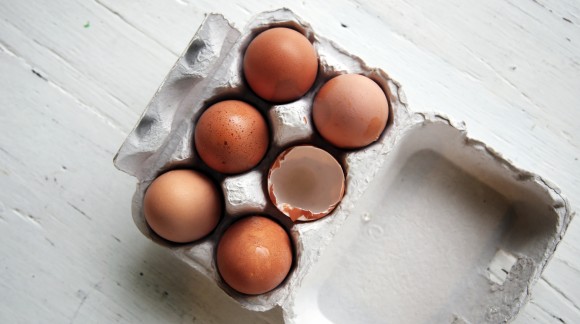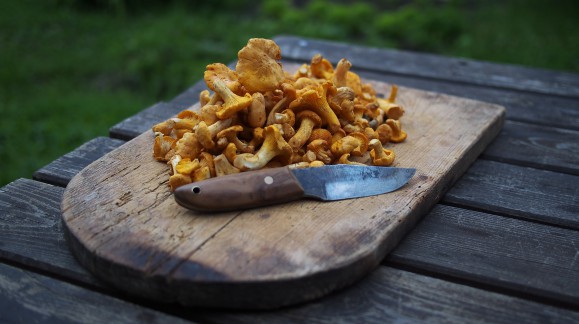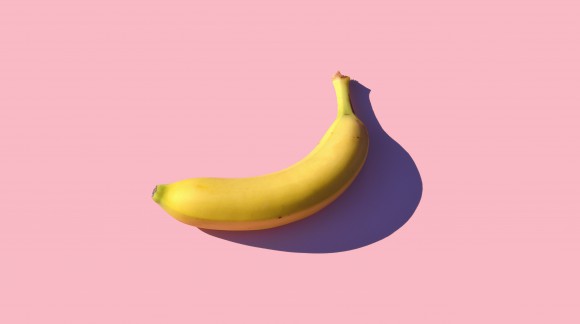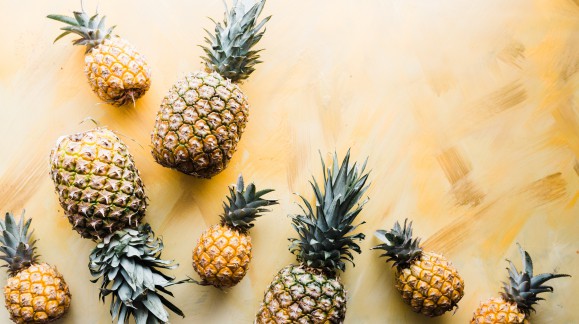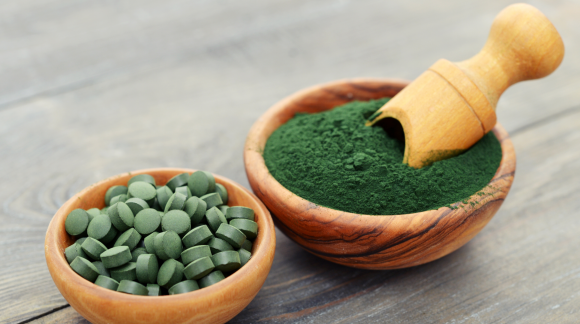(Micro)nutrition
What benefits come from which foods? What effects on health during excessive consumption of sugar for example? The real answers to the questions you ask yourself about food.
-
(Micro)nutrition
The intestinal flora - Why is it so important?
The belly is structurally - and also biochemically - a second brain, connected directly to the encephalon, of which it is complementary. Of a rare complexity, it is often the weak link of our body.
-
(Micro)nutrition
Kefir - the drink for your intestines!
Kefir abounds in good bacteria, vitamins and proteins. It is even said that the peoples of the Caucasus - where these "miraculous" grains come from - could live up to 110 years in great shape!
-
(Micro)nutrition
The nutritional composition of vegetables
Depending on the species, vegetables provide (among other things) proteins, carbohydrates, lipids. To enable a simplified and condensed reading, we have compiled a list that summarizes the nutrients found on average in 100 grams of fresh vegetables.
-
(Micro)nutrition
Lemon to alkalize your body
Every morning it is customary and good practice to clean his teeth, why not do the same with his liver?
-
(Micro)nutrition
Iron: Overview and key foods
Overview of the importance of iron - in humans in general and the sportsman as well as reasons that can lead to a deficiency. Some tips to increase its iron rate.
-
(Micro)nutrition
What are the fruits & vegetables of the season?
The vegetable offer we find is very varied. However, it is advisable to know which vegetables are available in which season.
-
(Micro)nutrition
Pepper - A spice with many nutritional virtues
"The salt of existence is essentially in the pepper that is put there. "Alphonse Allais.
-
(Micro)nutrition
What is the sugar content of fruits?
Rich in vitamins, minerals, fiber and antioxidants, fruits are precious allies for the body. But what are the sugar content of fruits? What are the sweetest fruits? Overview in picture.
-
(Micro)nutrition
What is the protein content of foods?
Proteins are essential to the functioning of the body. Which foods provide the most protein? What is the difference between animal and vegetable protein? Discover it in our infographic!
-
(Micro)nutrition
Sleep - Sleep (again) as a loire
How should one go about sleeping again like a loire? Here are some tips for good hygiene ... sleep!
-
(Micro)nutrition
Dry skin, dry brain: tips to feed them
The skin of the shin is very thin, it is the first susceptible to suffer from dryness - even more when one is deficient in omega 3. These, among others, condition the good health of the tissues, in particular of the skin, as well as as our brain state.
-
(Micro)nutrition
Dietary advice to maintain a good acid-base balance
An unbalanced pH - and therefore too much acidity - can have serious consequences for our health. Discover some food tips to find a good acid-base balance.
-
(Micro)nutrition
The magic of mushrooms ...
For many of us, mushrooms are plants that have not sprouted under our sight ... and that's a shame!
-
(Micro)nutrition
Parsnip soup and carrots with coriander
Parsnips are rich in antioxidants, vitamin C, zinc, copper, vitamin B9 (folic acid) and iron. It also contains a good amount of magnesium but especially potassium.
-
(Micro)nutrition
Keep the banana, eat it!
Calm down with banana? Why, how and with what types of bananas?
-
(Micro)nutrition
The benefits of dried fruits
The dried fruits have different advantages, firstly their dehydration allows a better conservation, there is no dry fruit "of season". Secondly, dried fruits can contain up to 5 times more minerals, trace elements than fresh fruits.
-
-
(Micro)nutrition
The 13 benefits of spirulina
WHO proclaimed spirulina as "the best food for humanity in the 21st century". The United Nations, WHO and UNICEF recalled in 1994, 1997 and 2003 that spirulina is the food of the 21st century ... So why does this micro alga attract so much attention?
Recherche sur le blog
Blog categories


